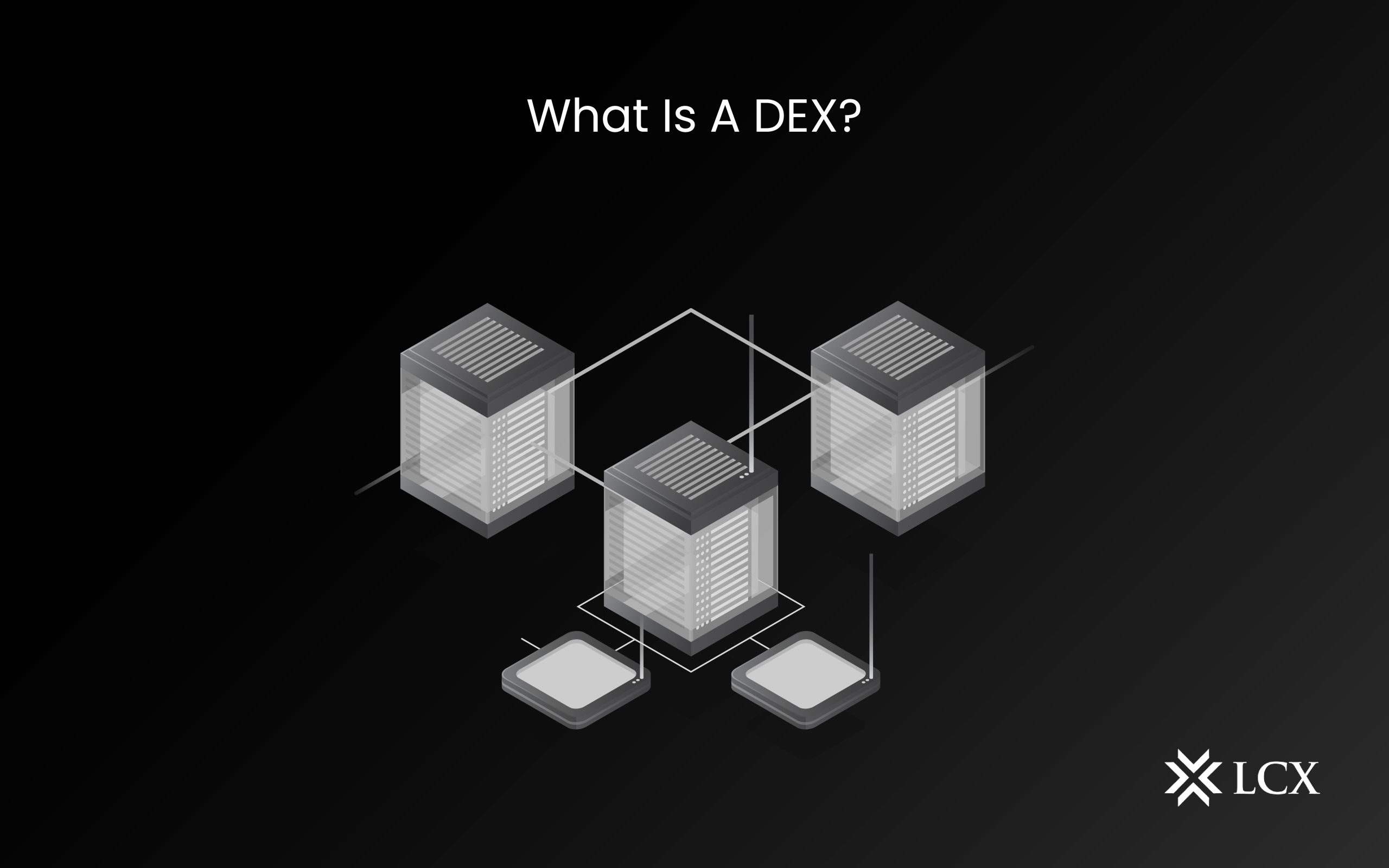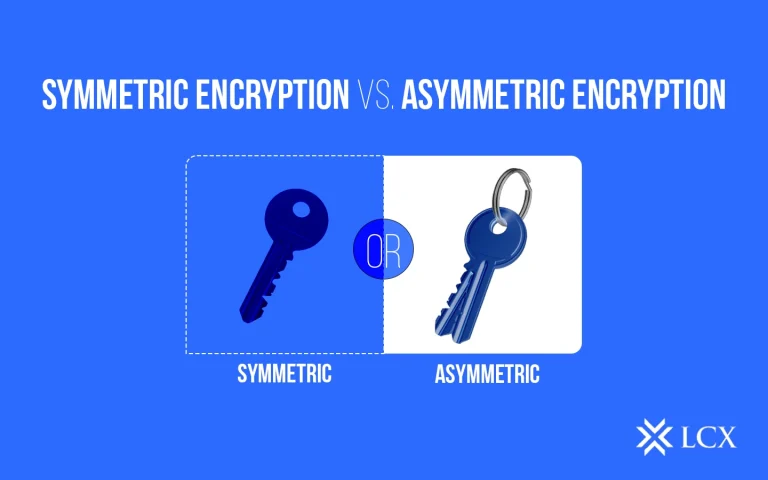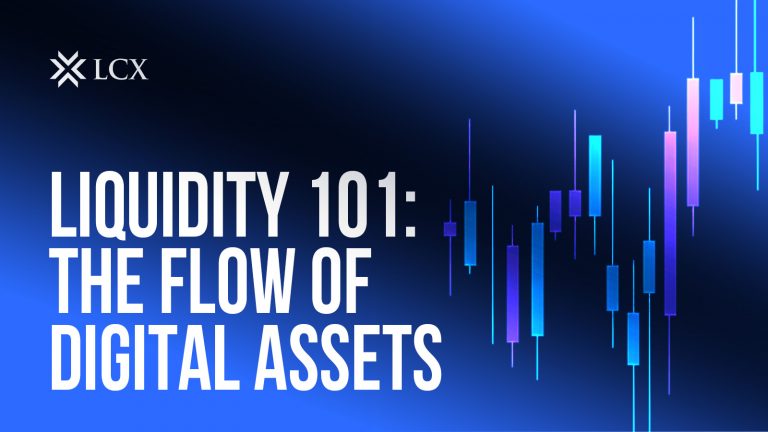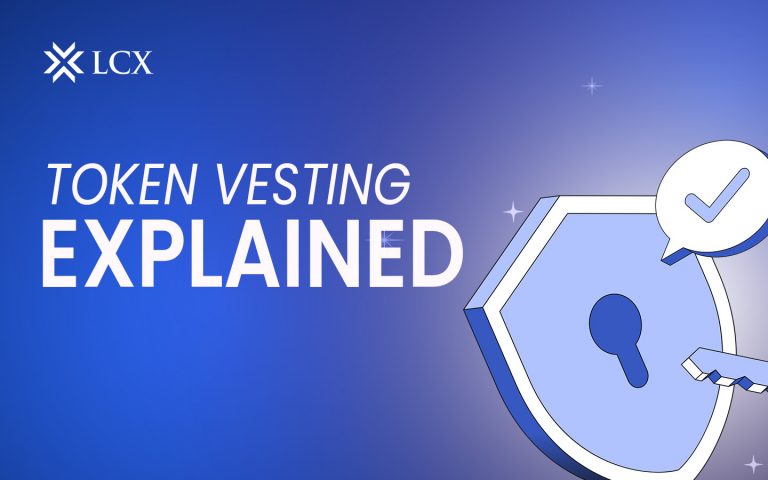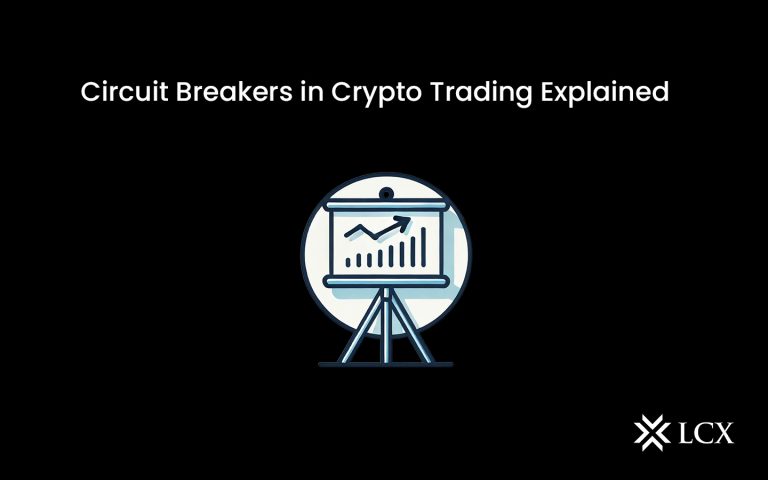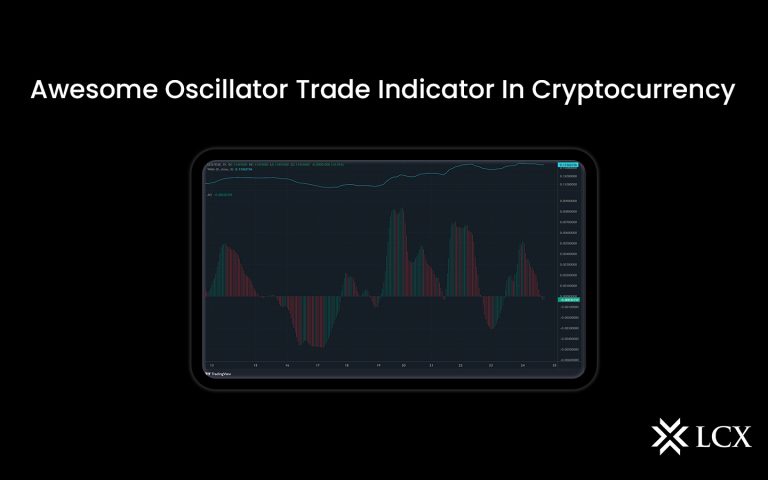Traditional stock and currency exchanges bring sellers and buyers together in one location, allowing traders to access and exit positions with little effort by supplying the market with liquidity. Increased liquidity increases the likelihood that someone on the other side of the trade will be inclined to conduct business with a seller or buyer. While cryptocurrency exchanges make it easier to trade digital assets based on blockchain, the platforms can be either decentralized or centralized. Centralized exchanges serve as traditional trade intermediaries and frequently serve as custodians by collecting and safeguarding your private keys and funds.
Decentralized exchanges (DEXs), on the other hand, have emerged as a viable alternative to CEXs, providing P2P (Peer-to-Peer) trading and availability to the growing industry of decentralized finance (DeFi). There are so many decentralized exchange options available nowadays.
What Is DEX?
DEX is a P2P (Peer-to-Peer) marketplace where crypto traders conduct transactions directly with one another. DEXs fulfill one of crypto’s primary functions: they facilitate monetary transactions that are not mediated by brokers, banks, payment processors, or other intermediaries.
How Does It Work?
Where centralized exchanges allow the trading between fiat and cryptocurrency, decentralized exchanges are known for trades between cryptocurrency tokens only. DEX works on a computer algorithm known as smart contracts.
DEX uses algorithms to determine the prices of various cryptocurrencies relative to one another, and “liquidity pools” are used by the investors to lock funds in return for interest-like rewards to assist trades.
While CEX transactions are recorded on the exchange’s internal database, transactions on DEX are resolved directly on the blockchain.
DEXs are typically built with open-source code, allowing anyone interested to have a transparent tool at its functioning. This also implies that developers can repurpose established code to develop new competing projects.
Benefits Of Using A DEX:
- Anonymity: Most DEX platforms allow you to access the platforms without requiring any of your personal information.
- Vast variety: DEXs provide an unlimited array of tokens, ranging from the familiar to the strange and random. Because anyone can create an Ethereum-based token and a liquidity pool, there will be a broader range of unvetted and vetted projects.
- Utility in the developing world: DEXs’ peer-to-peer lending, quick transactions, and privacy and anonymity have made them popular in emerging economies where viable banking infrastructure may not be available. A DEX is accessible to everyone with a smartphone and a stable internet connection.
- Reduced hacking risks: Funds stored on DEXs are less susceptible to hacks as they are stored in the trader’s wallet.
Risk Associated With DEX Are:
- Smart Contract vulnerabilities: Smart contract powers all the DeFi protocols and determines the project’s security. Sometimes, codes can have exploitable bugs that cause the loss of your tokens (despite extensive testing). While a smart contract may work as intended under ordinary circumstances, developers cannot anticipate all human factors, rare events, and hacks.
- Complicated user interface: Navigating through DEXs necessitates some specialized knowledge, and the user interfaces aren’t always straightforward. You have to be prepared to do a considerable amount of research, and don’t expect the DEX to provide much assistance. An explainer or walkthrough will usually have to be found somewhere else. You have to be cautious because it is possible to make irreversible mistakes, such as transferring coins to the wrong wallet. Another common problem is “impermanent loss,” which can occur when a more volatile cryptocurrency is combined with a less volatile one in a liquidity pool.
- Risky coins: Most DEXs offer a vast array of unvetted tokens, so there are also a higher number of schemes and scams. A hot token could be “rug pulled” when its creator mints many new tokens, burdening the liquidity pool and reducing the coin’s value. It is essential to expand your knowledge of new cryptocurrencies before investing in them. Follow developer Discord channels or Twitter feeds, read white papers and look for audits of any projects that interest you.
Conclusion:
Although CEXs continue to dominate the crypto market and fulfill the requirements of everyday crypto investors and traders, DEXs offer an intriguing alternative. DEXs offers a trustless method of connecting sellers and buyers via on-chain smart contracts and governance for relevant parties. However, these platforms are currently in their early stages. Further infrastructure development, improved scaling mechanisms, user experience refinement, and increased connections to centralized financial institutions will be required to ensure future adoption.
